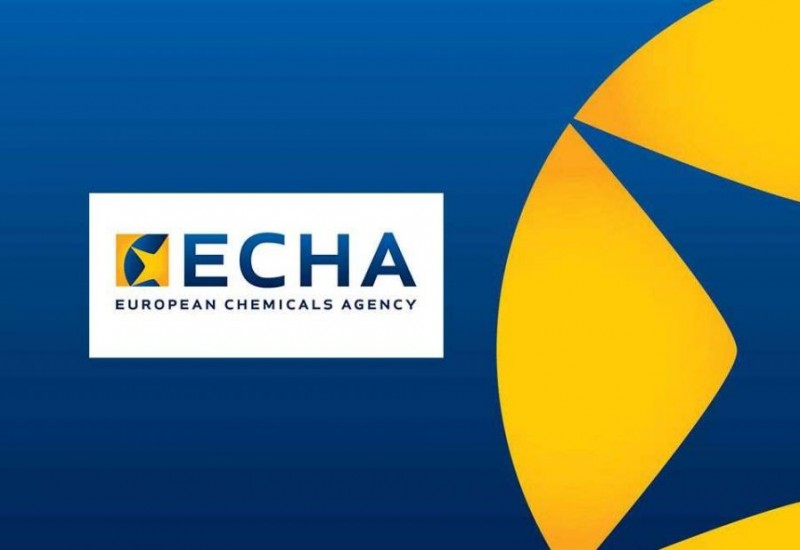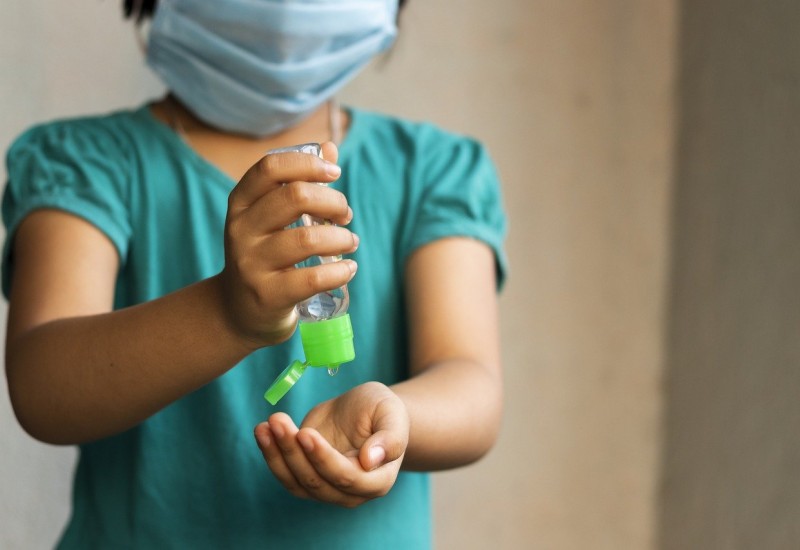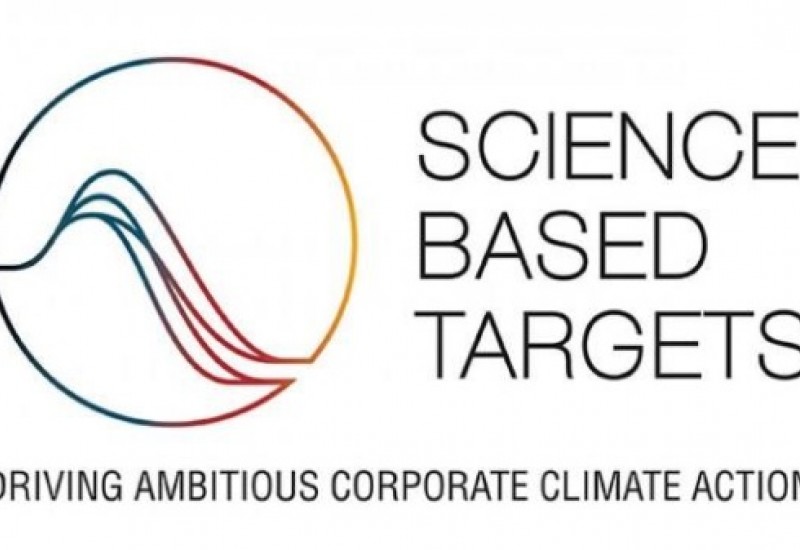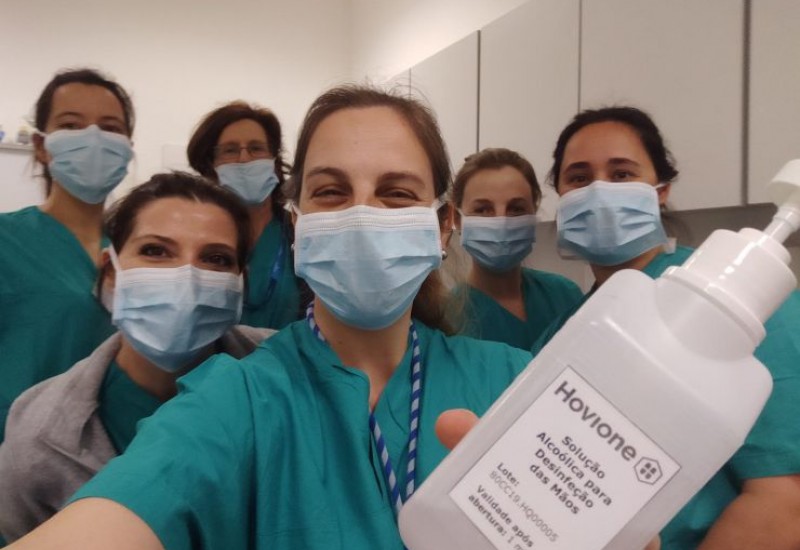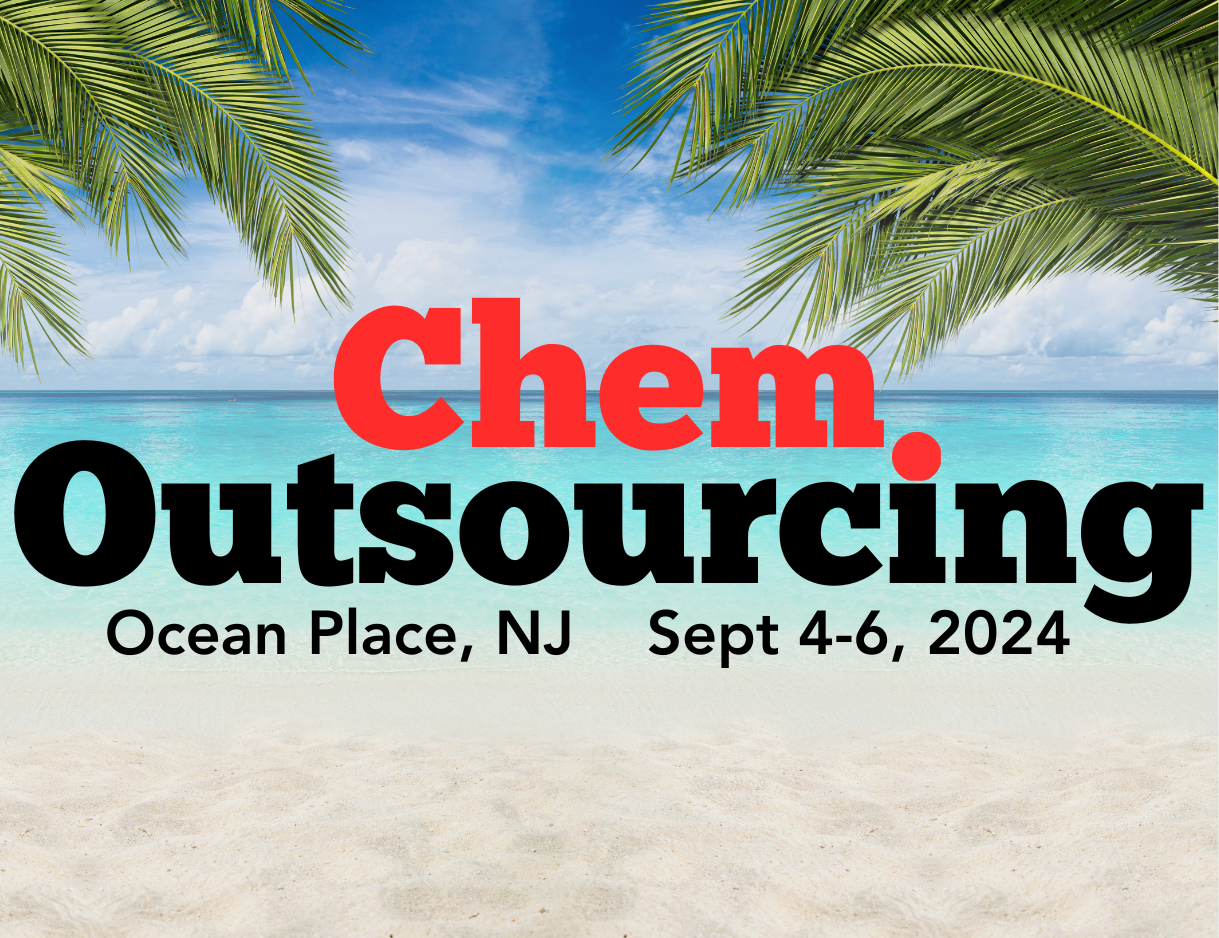ECHA: REACH driving substitution in many ways
The European Chemicals Agency (ECHA) has published two reports on the direct and indirect effects of REACH in driving the substitution of hazardous chemicals with safer alternatives. This was based on a survey of industry associations and over 80 companies, many of which had been affected by REACH processes.


